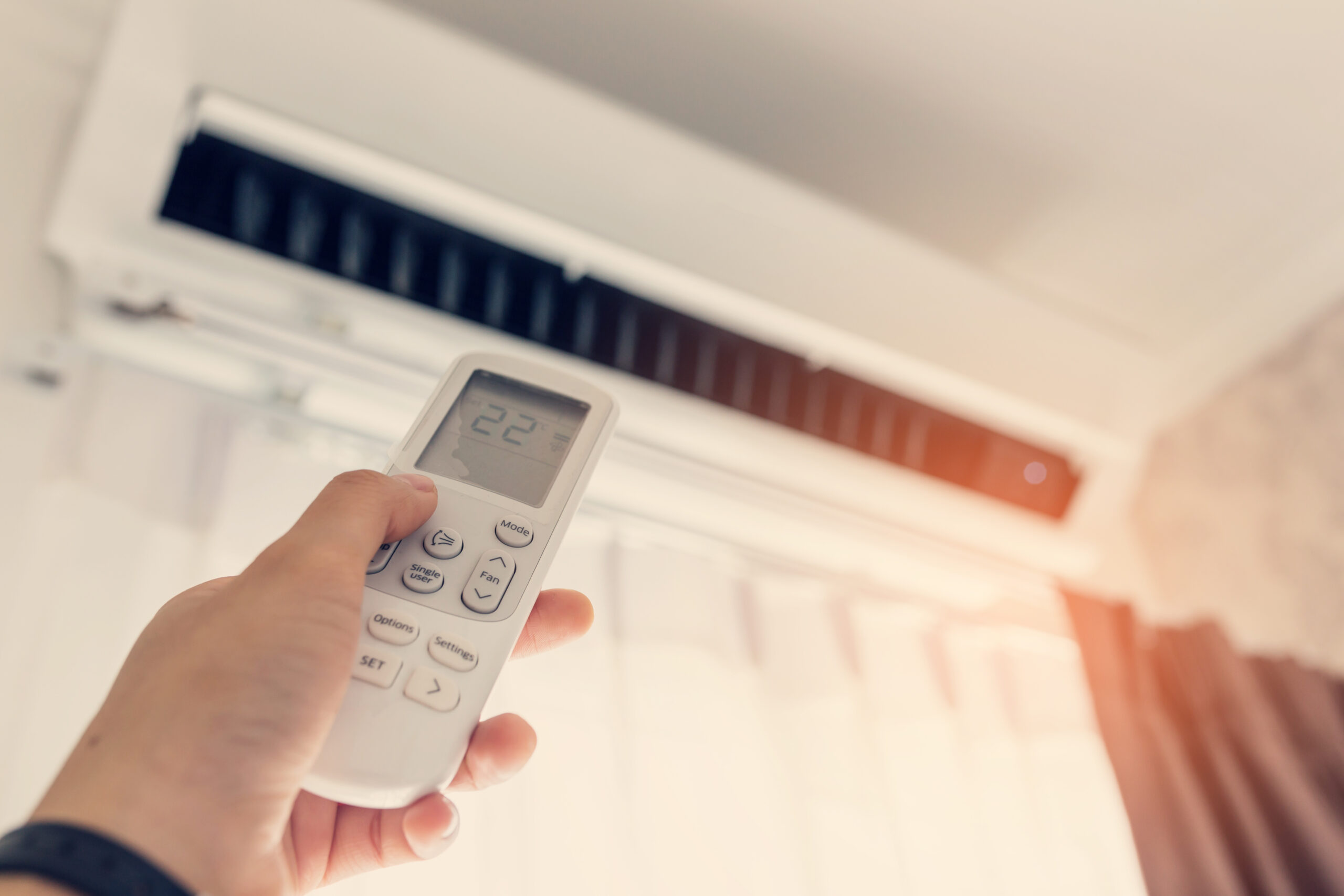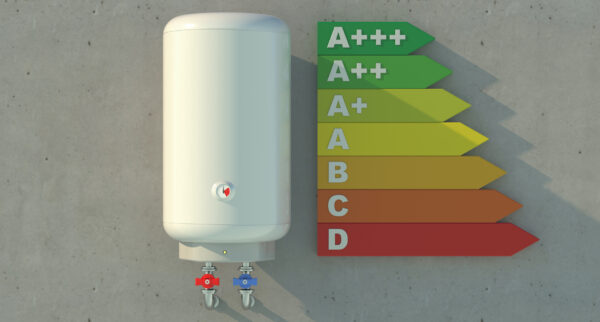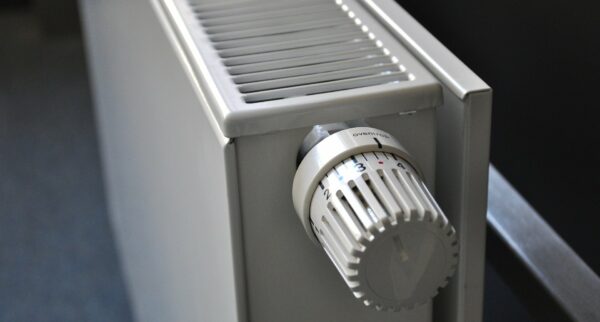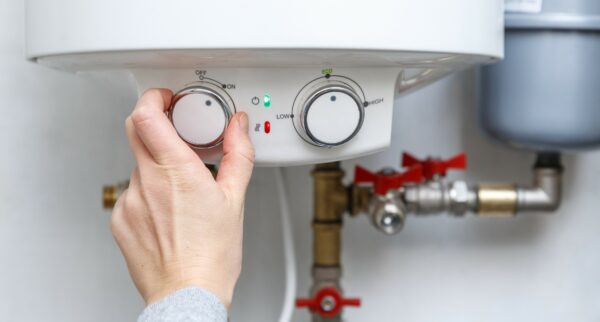
Air conditioning systems have a bad reputation when it comes to the environment. Often thought of as energy-hungry and wasteful machines, many old and inefficient air conditioning units do come with a significant carbon footprint. However, as we start to experience warmer summers and more prolonged heat waves, our reliance on air conditioning is growing. Which brings us to the question, is there a more eco-friendly way to cool your home?
Thankfully, recent developments in air conditioning system design have meant the introduction of a number of far more efficient options, ideal for eco-conscious homeowners who still want to remain comfortable and cool all summer long. Air conditioning units can be used to heat homes in the colder months too. They are considered more efficient and ‘cleaner’ than gas, leading to the government taking VAT off Air conditioning units and installation of them in 2022.
Investing in a modern air conditioning system will often reduce the carbon footprint of your air con quite substantially, and of course, it’ll cut energy bills too. In this article, we’ll take you through some of our top tips on how to reduce the damaging environmental impact of air conditioning, while still enjoying all the benefits it brings.
How to cut the carbon footprint of your air conditioning
There are plenty of simple tweaks that you can make to the way you use your air conditioning that will make a real difference to its environmental impact. If you’re conscious of the damage your air con could be causing, take a look at our recommendations below.
Get your air conditioning system serviced regularly
We’ll always recommend regular air conditioning servicing and maintenance because it’s beneficial in so many different ways. Booking a regular service will ensure that your air conditioning unit is working as it should and is not about to let you down when you need it most. If any parts need a repair or replacement, your engineer will be able to advise you of the best course of action.
When it comes to environmental factors, service appointments gives engineers the opportunity to check that systems are working at optimal efficiency. This minimises the risk of excess emissions of fluorinated greenhouse gases.
Invest in a newer air conditioning unit
Modern air conditioning units have a higher efficiency rating than their older counterparts. In short, this means they need noticeably less electricty to operate compared to models that are 10 or 20 years older. To put this in to perspective, newer unit with a SEER 13 rating (a medium Seasonal Energy Efficiency Ratio) can make a home 25% more efficient.
This equates to lower energy bills, and because energy consumption is lower their environmental impact isn’t quite as damaging. A new air conditioning system is an investment, but it’s one that usually pays for itself in a few years. Talk to us if you’d like to know more about new air conditioning installation and efficiency ratings.
Choose renewable energy sources
All air conditioning systems require energy, and some are particularly high consumers of energy during the warmest months of the year. However, it’s possible to reduce the impact such consumption has on the environment by making smarter choices when choosing an energy supplier.
You could consider switching to a green tariff, for example. Doing so will mean that your chosen supplier will either match your usage with renewable energy generation or make a contribution to valuable environmental schemes on your behalf.
Check the water consumption of your air conditioning
If you’re using air conditioning in a commercial setting, check the water consumption of your chosen system.
Some water-cooler air conditioning systems can use eye-watering amounts of water to cool buildings, with recent estimates suggesting that the typical system will use over 720,000 gallons of water per year.
If your system consumes far more water than is necessary, it might be time to upgrade to a more efficient, modern version.
Program your air conditioning system with usage in mind
We understand the temptation to program your air conditioning to keep your home icy cold all summer long, but you can drastically reduce your energy consumption by being more careful with how you set your timers.
Think about your family’s schedule and program your air conditioning with this in mind, to avoid wasting energy cooling your home when no one will be there. Remember, turning the thermostat up just a couple of degrees will have a considerable impact on energy usage.
Clean your filters
The efficiency of your unit has quite a bearing over how much energy it uses, and therefore its effect on the environment. So, take all the steps you can to maximise the efficiency of your air con.
One of the simplest ways of improving efficiency is by keeping the system clean and debris-free. Clean out your filters regularly and remove any dirt or debris from the exterior of the system, to keep your air con running as well as it possibly can.
Research recycling options in your area
Far too many air conditioning units end up in landfill when they’re no longer needed, causing further damage to the planet. While it’s difficult to recycle units in their entirety, many of the parts that make up an air conditioning unit can be recycled if a local area has the right facilities. Look into recycling options in your area to see how you can dispose of your unwanted air conditioning unit in a more eco-friendly manner.
—
If you’d like to find out more about eco-friendly air con options get in touch with our team.




